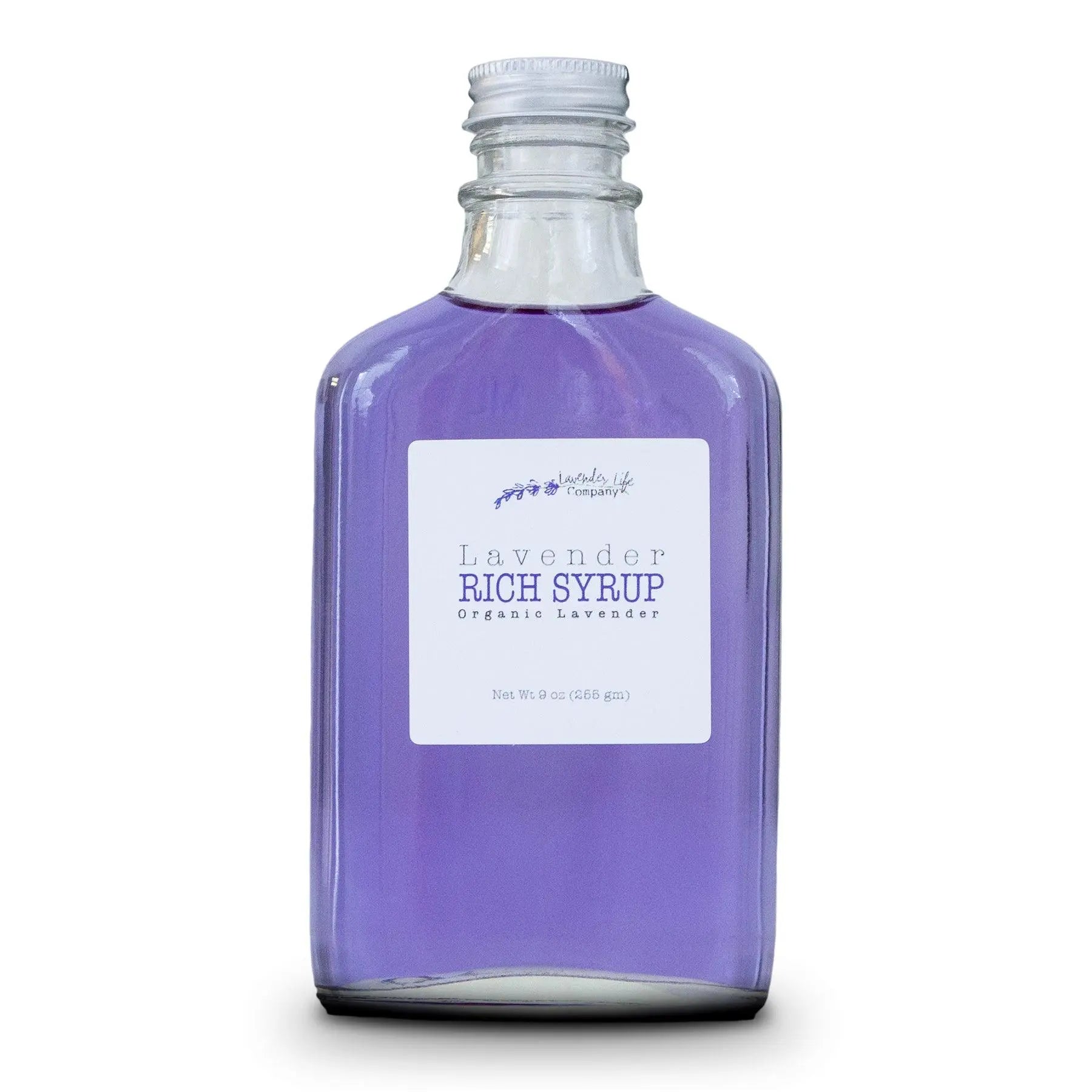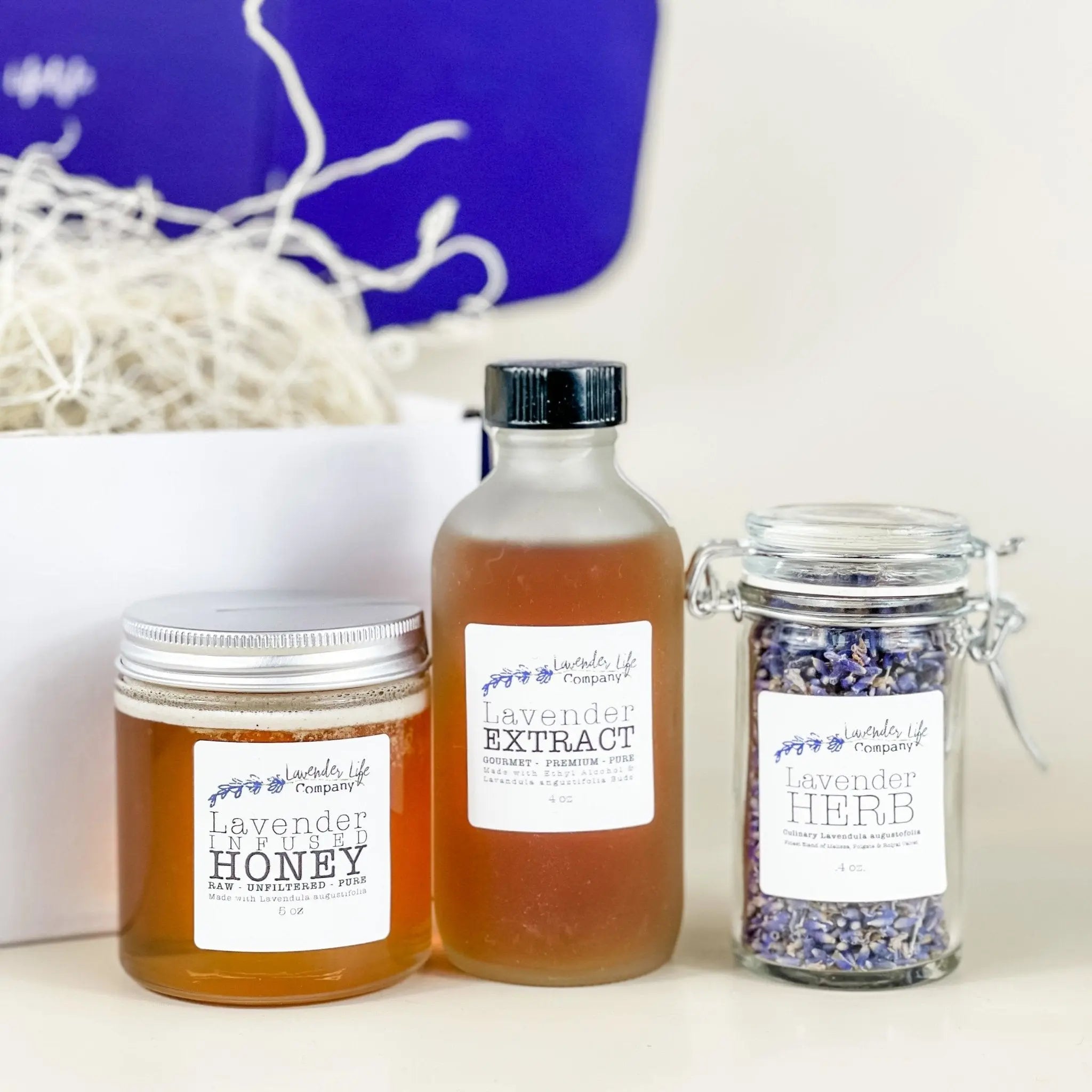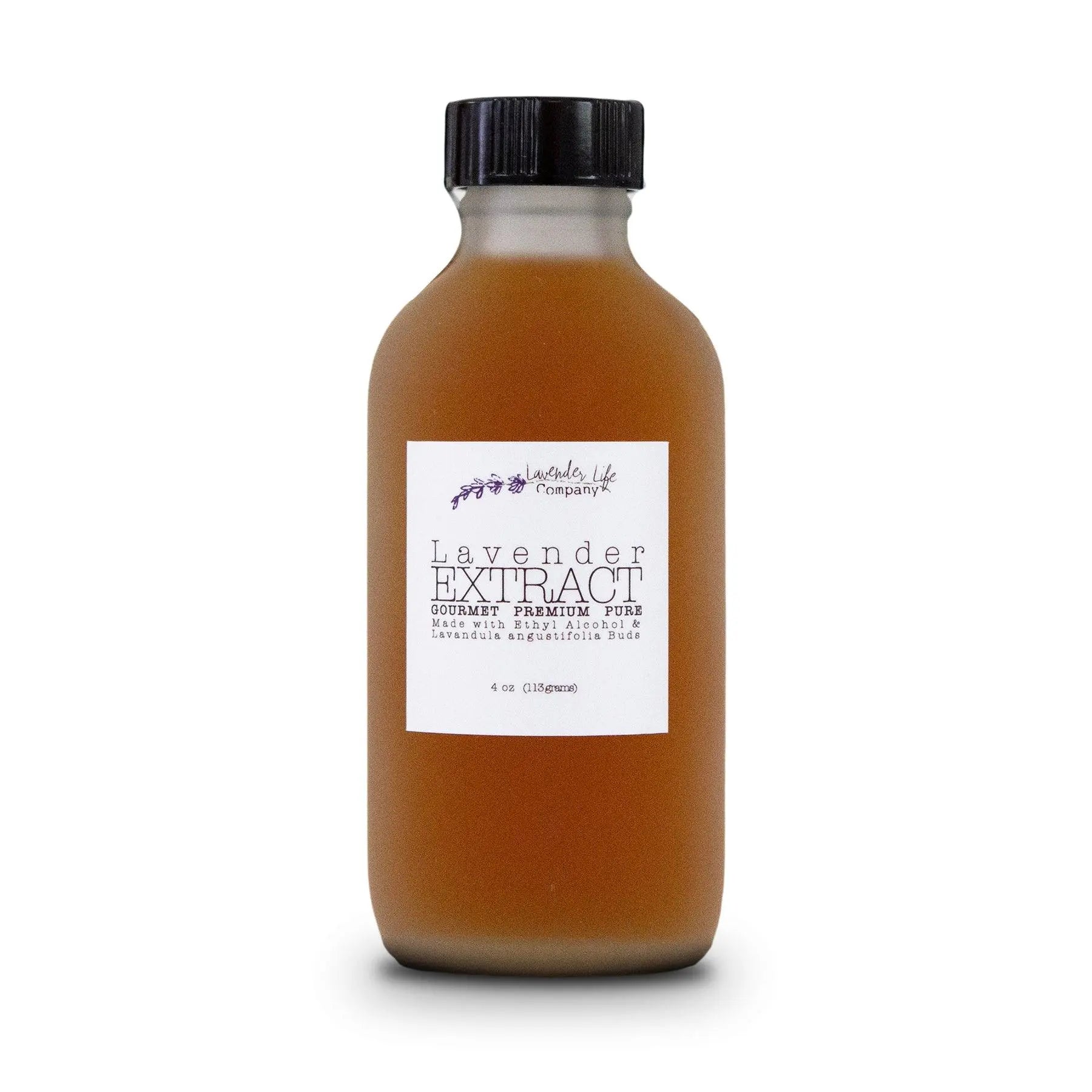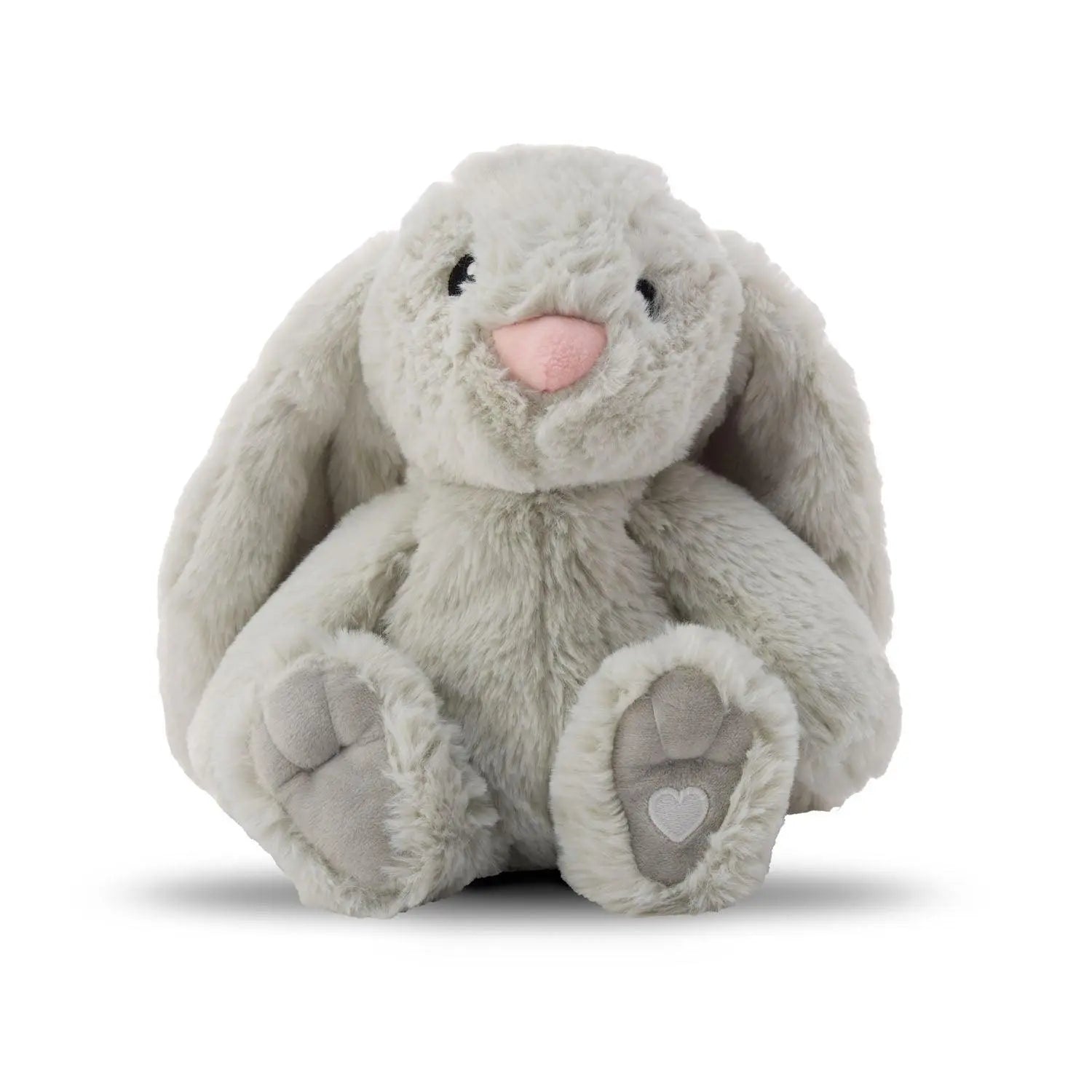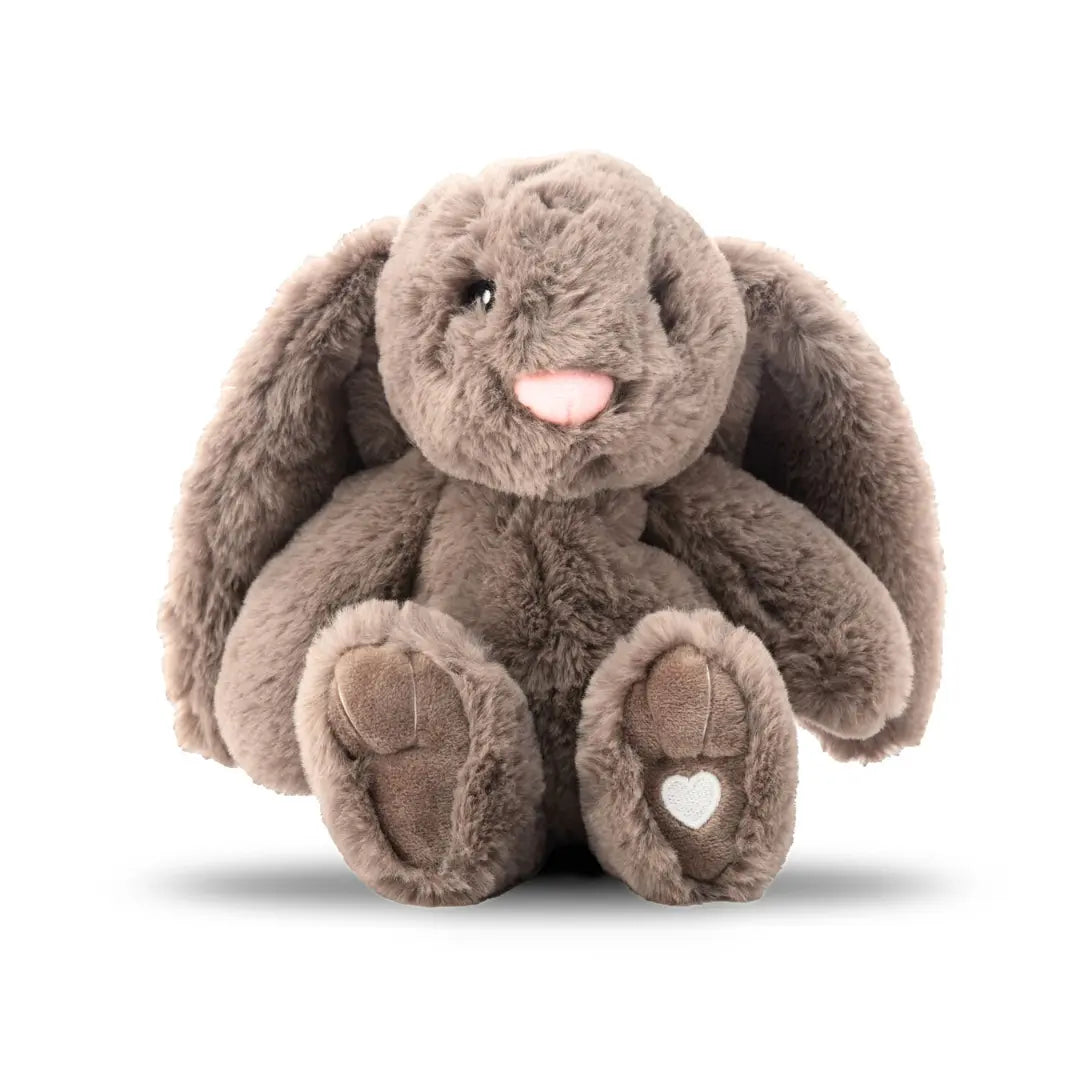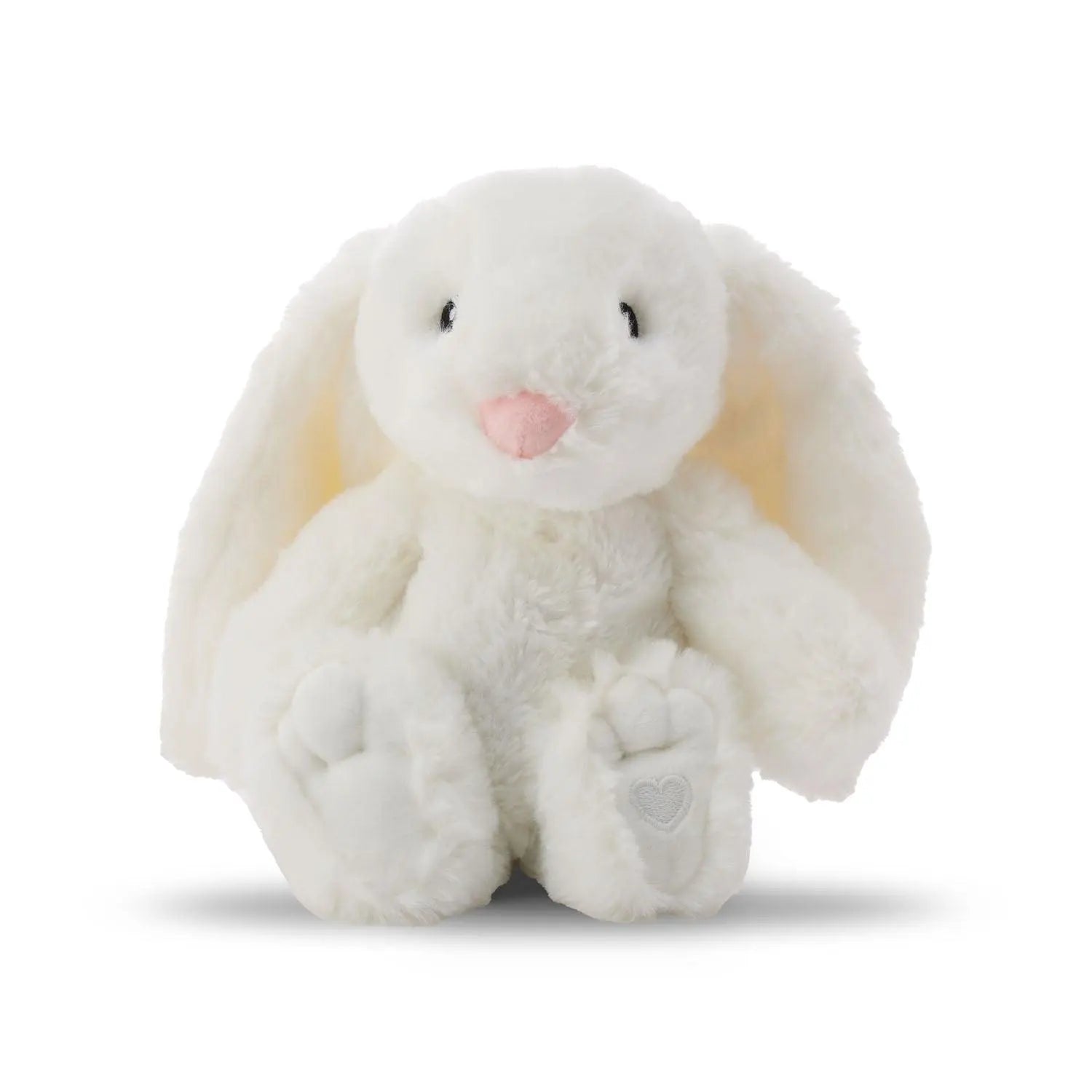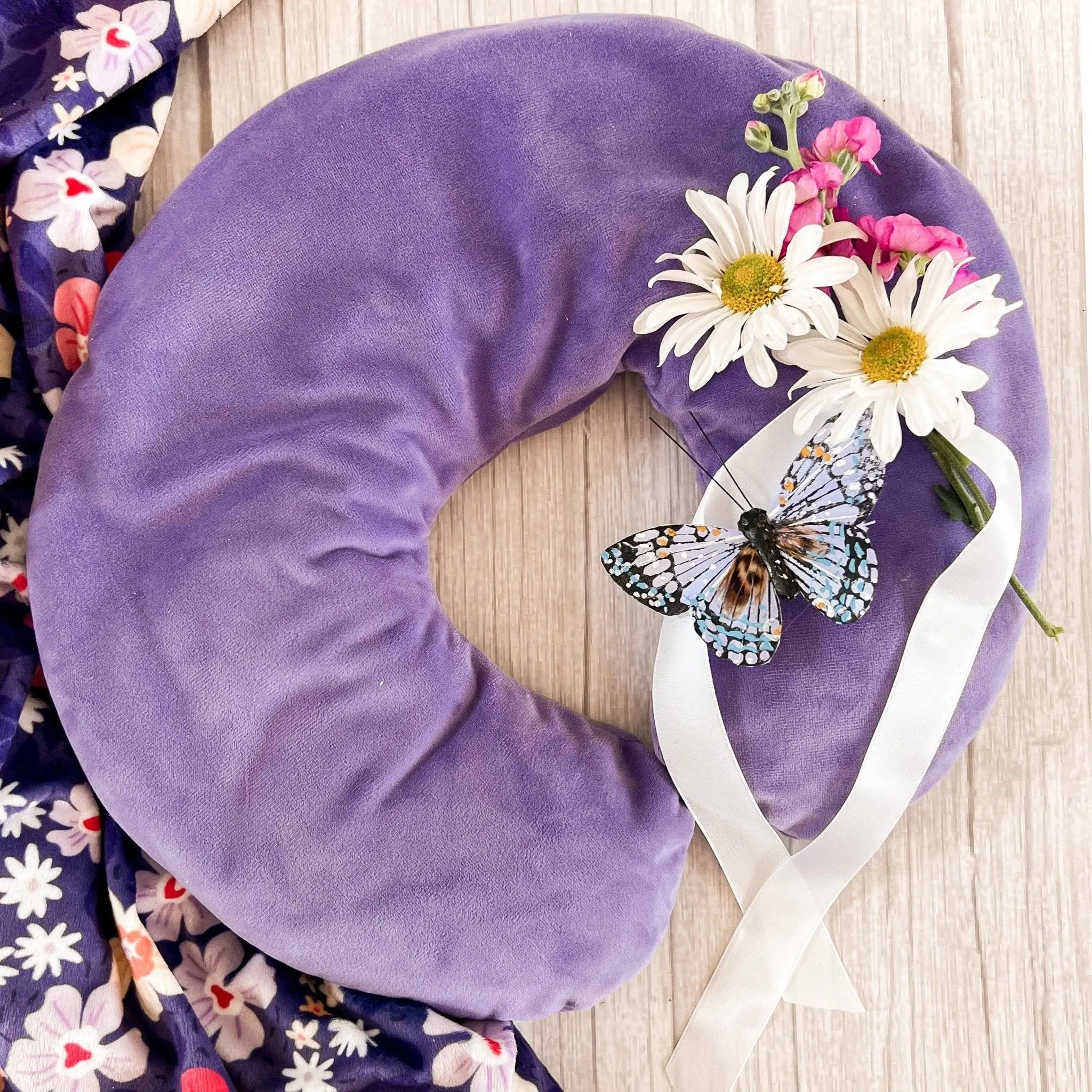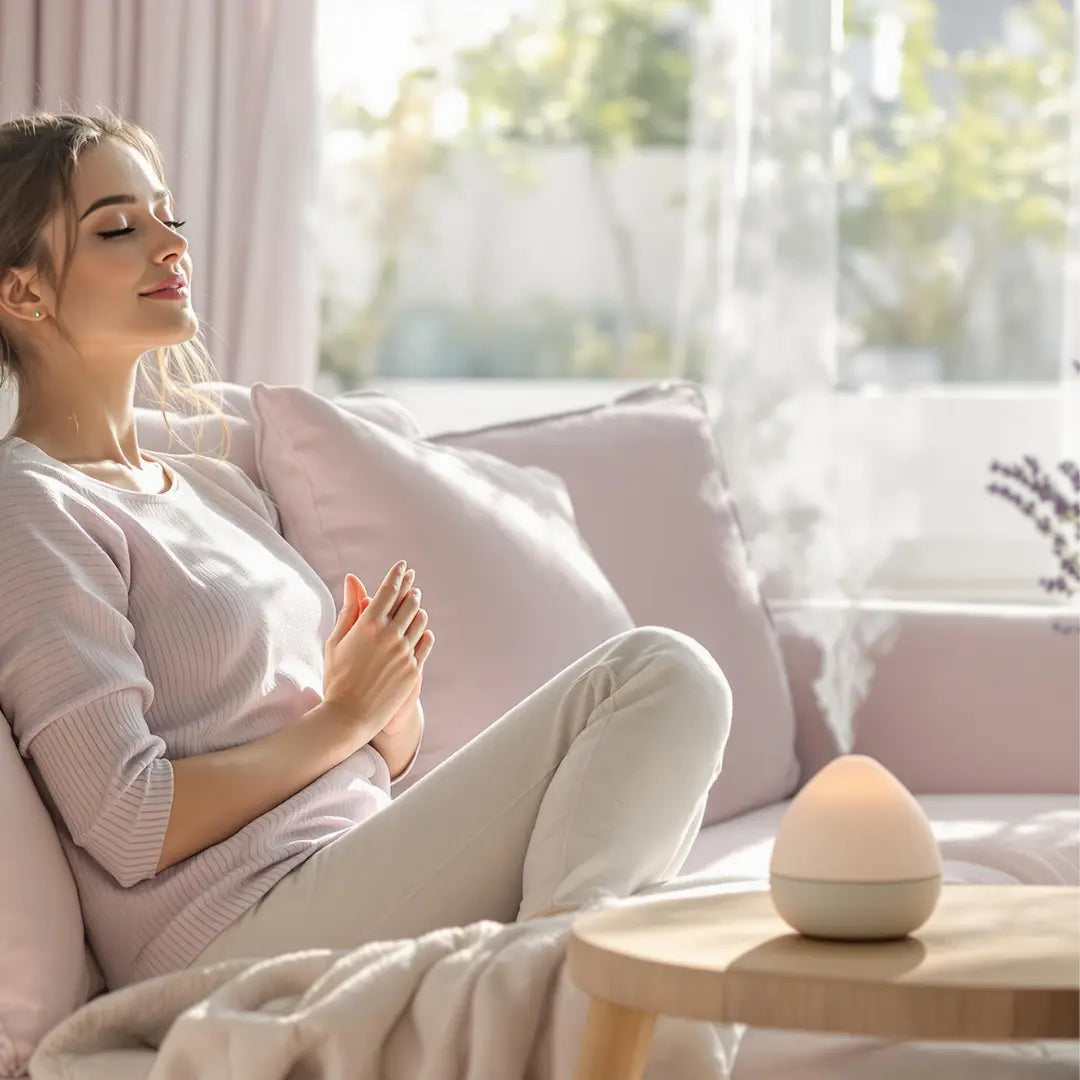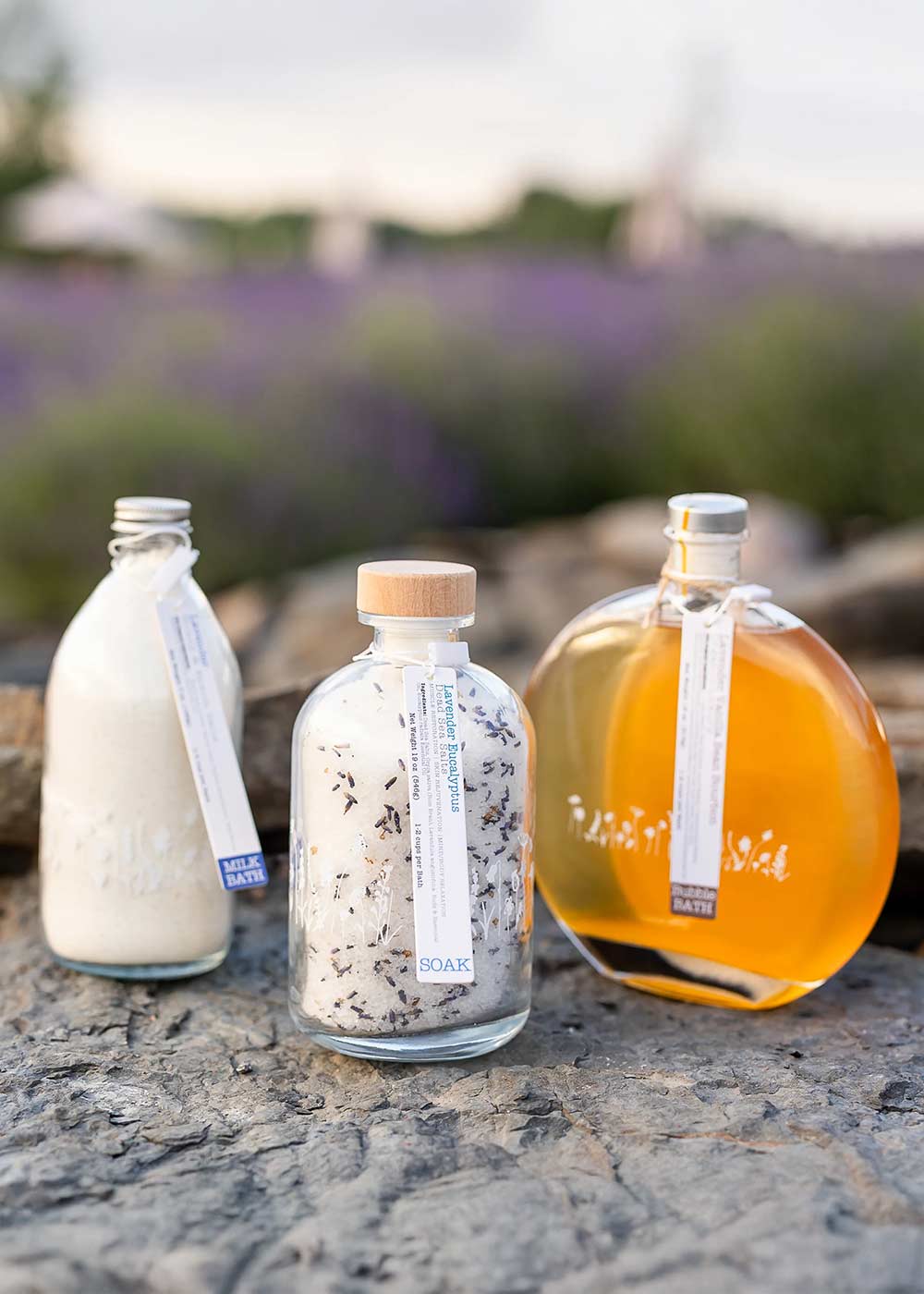Ever feel like life's just a little too much sometimes? Like you could use a big, comforting hug... but in scent form? Well, guess what? That's kind of what lavender aromatherapy is all about! For centuries, people have turned to lavender's soothing scent to ease worries, calm their minds, and generally just feel a bit better. And trust me, there's a reason it's still so popular.
Let's explore how you can harness the power of lavender aromatherapy to boost your wellbeing in 2025. I’m here to break it all down – the science, the benefits, and how to incorporate it into your everyday life. So, grab a cup of tea (maybe even with a hint of lavender!), get comfy, and let's dive in!
The Science Behind Lavender Aromatherapy
![]()
Okay, so maybe the word "aromatherapy" sounds a little... woo-woo? But beneath the relaxing vibes, there's some pretty cool science going on. Let’s demystify it a bit.
Understanding Aromatherapy
Simply put, aromatherapy is the practice of using essential oils – concentrated extracts from plants – to promote physical and emotional wellbeing. Think of it as a direct line to your brain. When you inhale these oils, the scent molecules travel up your nose and interact with your olfactory system, which is directly connected to the limbic system – the part of your brain that controls emotions, memories, and even some bodily functions. It's why a certain smell can instantly transport you back to your childhood, or why the scent of pine can make you feel instantly refreshed. Aromatherapy is all about harnessing that power for good!
With lavender, specifically, the magic happens when you inhale its aroma. The volatile compounds in the essential oil stimulate those olfactory receptors, sending signals straight to your brain's emotional center. This can trigger a cascade of beneficial effects, from calming your nerves to improving your sleep.
How Lavender Works on the Brain
Lavender's effects on the brain are multifaceted. One key component is linalool, a naturally occurring alcohol found in lavender oil. Linalool is believed to have several mechanisms of action. First, it can help modulate the activity of neurotransmitters like GABA (gamma-aminobutyric acid), which is an inhibitory neurotransmitter. Think of GABA as your brain's natural chill pill. By enhancing GABA activity, lavender can help reduce feelings of anxiety and promote relaxation.
Secondly, linalool can interact with the brain’s opioid system, although to a lesser extent than opioids themselves. This can result in minor pain-relieving effects and a mild sense of euphoria, contributing to lavender’s calming properties.
Furthermore, studies have indicated that lavender aromatherapy can modulate the autonomic nervous system, shifting it from a sympathetic ("fight or flight") state to a parasympathetic ("rest and digest") state. This physiological shift can lower heart rate, blood pressure, and cortisol levels (the stress hormone), all contributing to a sense of calm and wellbeing. It’s not just about feeling relaxed; it’s about your body actually being more relaxed.
Research and Studies
Now, I wouldn't want you to just take my word for it! There's actually a growing body of scientific evidence that supports the benefits of lavender aromatherapy.
For example, a study published in the journal Physiology & Behavior found that inhaling lavender essential oil significantly reduced anxiety levels and improved mood in participants. Another study, published in the Journal of Alternative and Complementary Medicine, showed that lavender aromatherapy could improve sleep quality in individuals with insomnia.
Even more impressively, research has begun to explore the use of lavender aromatherapy in clinical settings. A study in Intensive and Critical Care Nursing demonstrated that lavender aromatherapy reduced anxiety and improved sleep quality in patients in intensive care units. Pretty amazing, right? These studies show that lavender is more than just a nice scent; it's a powerful tool for promoting wellbeing.
Benefits of Lavender Aromatherapy
Okay, so we know how it works, but what exactly does lavender aromatherapy do for you? Let's explore some of the specific benefits.
Relieving Stress and Anxiety
This is probably the most well-known benefit of lavender aromatherapy. Lavender has a remarkable ability to soothe frazzled nerves and melt away tension. If you're feeling overwhelmed, stressed out, or just generally anxious, inhaling lavender essential oil can provide a much-needed sense of calm. I personally find it helpful after a particularly stressful day or before a big presentation. It really helps to take the edge off!
The calming effect of lavender can be especially beneficial for those struggling with generalized anxiety disorder, social anxiety, or even just everyday worries. By interacting with the GABA receptors in the brain, lavender helps to slow down racing thoughts and promote a sense of peace and tranquility.
Improving Sleep Quality

Struggling to get a good night's sleep? You're not alone. But lavender aromatherapy might be the solution you've been searching for. Lavender's calming properties can help you fall asleep faster, stay asleep longer, and wake up feeling more refreshed.
Several studies have shown that lavender aromatherapy can improve sleep quality in people with insomnia, as well as those who simply struggle with occasional sleep disturbances. By reducing anxiety and promoting relaxation, lavender creates the ideal conditions for a restful night's sleep. I know some folks who keep a lavender sachet under their pillow or use a lavender diffuser in their bedroom, or even applying lavender cream, and they swear it makes a huge difference.
Alleviating Physical Symptoms
Believe it or not, lavender aromatherapy can also help with some physical ailments! For example, studies have shown that it can reduce the severity of PMS symptoms, such as mood swings, cramps, and bloating. The anti-inflammatory and analgesic properties of lavender may help to ease physical discomfort, while its calming effects can help to stabilize emotions.
Additionally, lavender aromatherapy has been found to alleviate hot flashes in menopausal women. By regulating hormone levels and promoting relaxation, lavender can help to reduce the frequency and intensity of these uncomfortable episodes. While it's not a cure-all, it can certainly make these experiences more manageable.
How to Incorporate Lavender Aromatherapy into Your Daily Life
Alright, you're sold on the benefits. Now, how do you actually use lavender aromatherapy? Don't worry, it's easier than you think!
Choosing the Right Lavender Products
First, you'll want to make sure you're using high-quality lavender products. Not all essential oils are created equal! Look for 100% pure lavender essential oil from a reputable source, like Lavender Life Company here in West Michigan. (We're pretty passionate about our lavender!) Avoid oils that contain synthetic fragrances or additives.
Beyond essential oil, you can also find lavender in a variety of other products, such as lotions, bath salts, and candles. These can be a great way to incorporate lavender into your daily routine, but be sure to check the ingredient list to ensure that they contain genuine lavender essential oil and not just artificial scents.
When choosing products, consider what you plan to use them for. If you're looking to diffuse lavender in your bedroom, an essential oil diffuser is a great option. If you want to apply lavender topically, a lotion or balm might be a better choice. And if you just want to enjoy the relaxing scent of lavender in your bath, bath salts or a bath bomb are perfect.
DIY Lavender Aromatherapy
One of the best things about lavender aromatherapy is that it's incredibly versatile and easy to customize to your own needs and preferences. Here are a few DIY ideas to get you started:
- Lavender Essential Oil Diffuser Blend: Add 5-7 drops of lavender essential oil to your diffuser with water, following the manufacturer's instructions. This is a great way to fill your home with the calming scent of lavender.
- Lavender Pillow Spray: Combine 2 ounces of distilled water with 10-15 drops of lavender essential oil in a spray bottle. Shake well and spritz lightly onto your pillow before bed. This can help to promote relaxation and improve sleep quality.
- Lavender Bath Salts: Mix 1 cup of Epsom salts with 10-15 drops of lavender essential oil and 1 tablespoon of carrier oil (such as jojoba or almond oil). Add to a warm bath and soak for 20-30 minutes. This is a great way to relax and soothe sore muscles.
- Lavender Massage Oil: Mix 1 ounce of carrier oil (such as grapeseed or sweet almond oil) with 5-10 drops of lavender essential oil. Use to massage sore muscles or simply to relax and unwind.
When creating your own lavender blends, feel free to experiment with other essential oils that complement lavender, such as chamomile, cedarwood, or frankincense. These oils can enhance the calming and grounding effects of lavender.
Safety and Precautions
While lavender aromatherapy is generally safe, there are a few precautions to keep in mind.
- Dilution: Always dilute lavender essential oil before applying it to your skin. Use a carrier oil, such as jojoba, almond, or coconut oil. A general rule of thumb is to use a 1-3% dilution (5-15 drops of essential oil per ounce of carrier oil).
- Sensitivity: Perform a patch test before using lavender essential oil on a larger area of your skin. Apply a small amount of diluted oil to your inner arm and wait 24 hours to see if any irritation occurs.
- Pregnancy and Breastfeeding: If you are pregnant or breastfeeding, consult with your doctor before using lavender essential oil. While lavender is generally considered safe, it's always best to err on the side of caution.
- Children: Use lavender essential oil with caution around children. Dilute it more heavily and avoid applying it to their face or hands.
- Pets: Be careful when using lavender essential oil around pets, as some animals can be sensitive to it. Do not apply lavender essential oil directly to your pet's skin or fur, and make sure they have plenty of ventilation if you are diffusing lavender in the same room.
- Ingestion: Do not ingest lavender essential oil unless specifically directed to do so by a qualified healthcare professional.
Conclusion
So, there you have it! A comprehensive guide to how lavender aromatherapy can enhance your wellbeing in 2025. From relieving stress and anxiety to improving sleep quality and alleviating physical symptoms, lavender offers a wealth of benefits. And with so many ways to incorporate it into your daily life, it's easy to find a method that works for you.
Whether you're diffusing lavender essential oil in your home, spritzing lavender pillow spray before bed, or soaking in a lavender bath, I encourage you to explore the power of lavender aromatherapy and discover how it can transform your wellbeing. If you are looking for some great products, I'd love for you to check out our selection of organic lavender products, including skincare, aromatherapy blends, and even culinary treats. We're located right here in West Michigan, and we're passionate about sharing the comfort and wellness that lavender can provide. Feel free to contact us with any questions! hello@lavender-life.com



